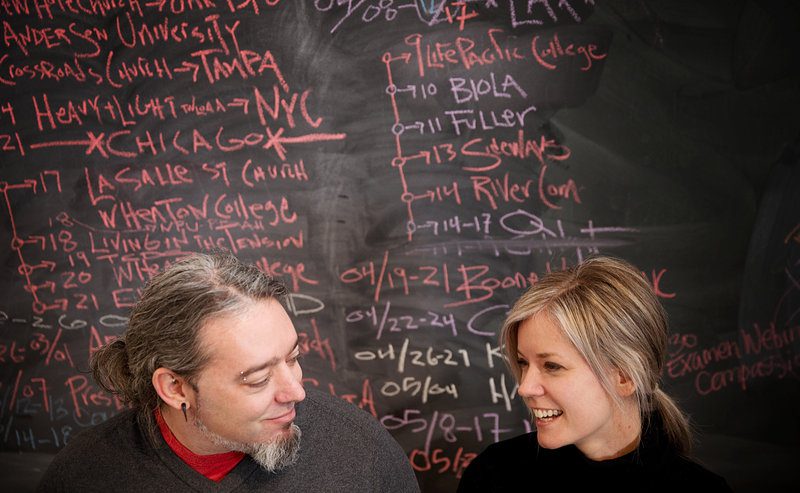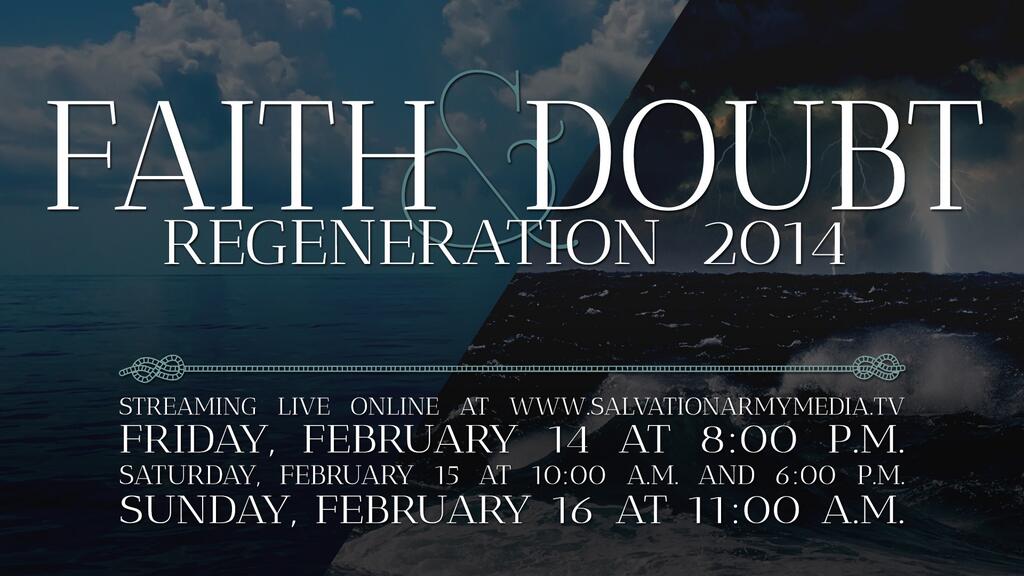Since 2003, Dec. 9 is designated by the United Nations as International Anti-Corruption Day, aiming to raise public awareness of corruption and what people can do to fight it.
It is significant that on the 10th anniversary of the first International Anti-Corruption Day The Salvation Army is launching its International Positional Statement on Corruption. Colonel Geanette Seymour, director of the International Social Justice Commission, said, “Making public the position taken by The Salvation Army on this issue of corruption is an acknowledgement that together we need to work towards the eradication of corruption whether individual, organizational or institutional.”
Corruption is an issue that affects all countries around the world. It can refer to the destruction of one’s honesty or loyalty through undermining moral integrity or acting in a way that shows a lack of integrity or honesty. It also refers to those who use a position of power or trust for dishonest gain. Corruption undermines democracy, creates unstable governments and sets countries back economically. Corruption comes in various forms such as bribery, law-breaking without dealing with the consequences in a fair manner, unfairly amending election processes and results, and covering mistakes or silencing whistle-blowers (those who expose corruption in hope that justice would be served).
The new international positional statement, approved by the General in November, starts with the following summary:
The Salvation Army strongly condemns corruption in its entirety.
The Salvation Army is aware of and abhors the suffering that individuals, groups and nations endure because of corrupt behaviour by people in positions of power and those entrusted with the management of public and private resources. It accepts responsibility to work towards the eradication of corruption whether individual, organisational or institutional, resulting in a more equitable environment for all concerned.
The Salvation Army is committed in addition to prevent, identify and eliminate internal corruption.
Report by the International Social Justice Commission
International Headquarters













